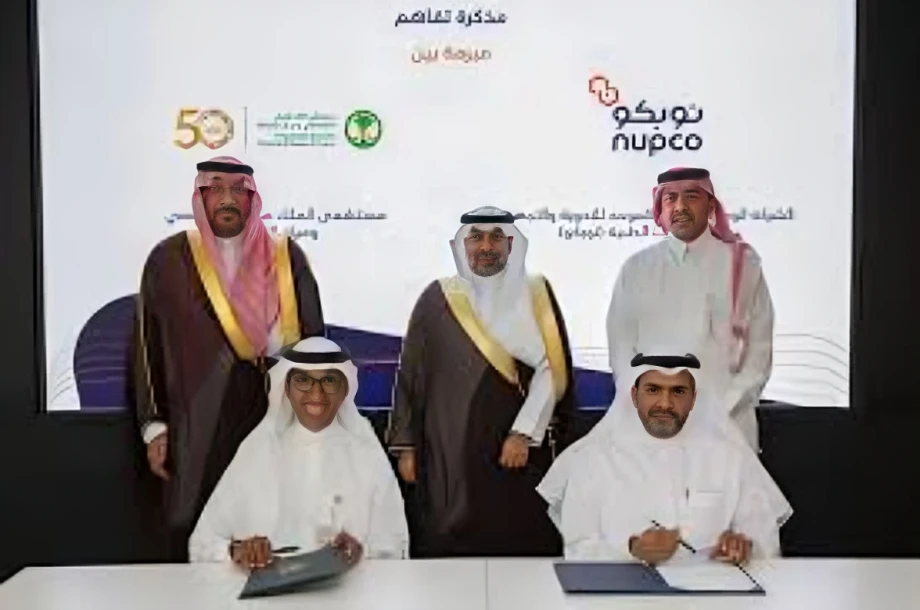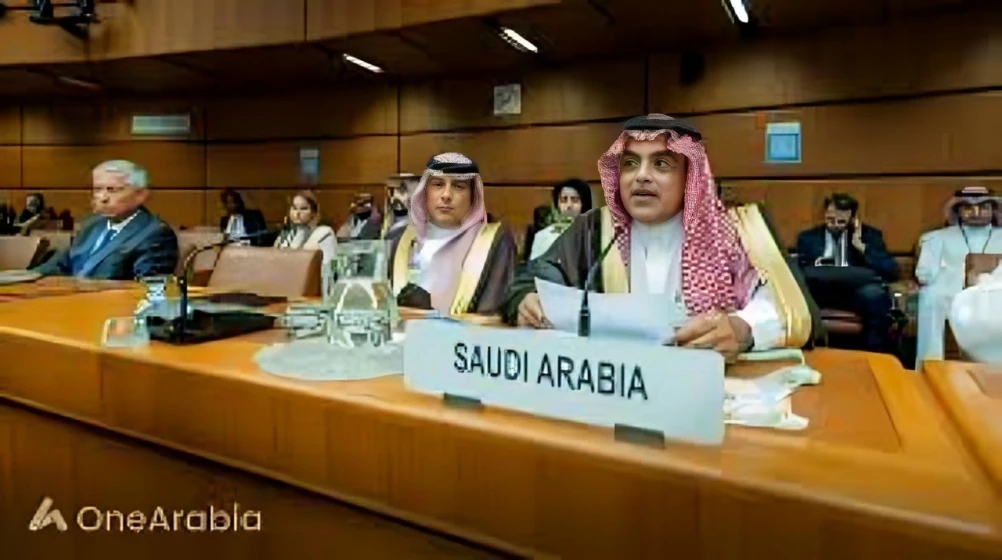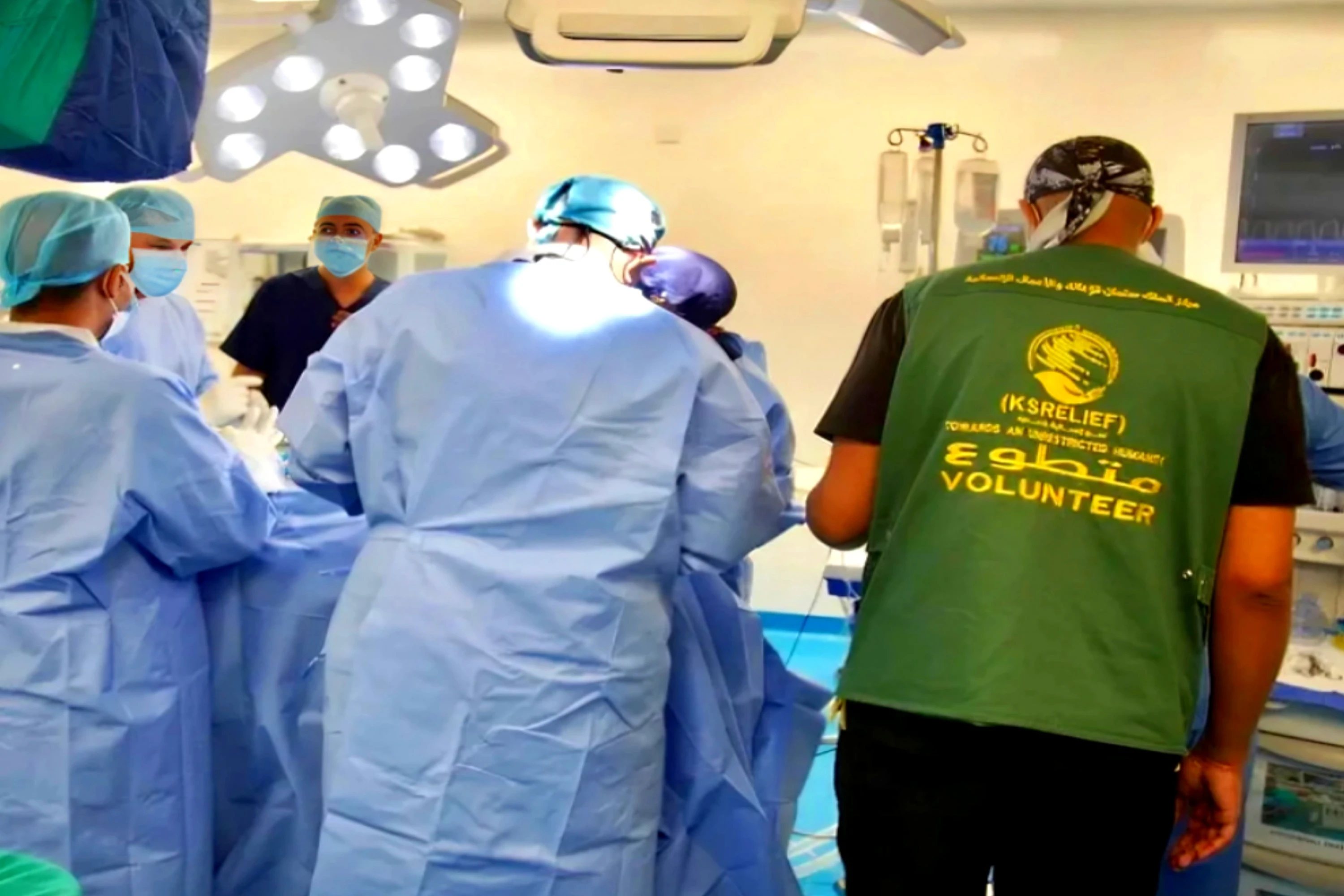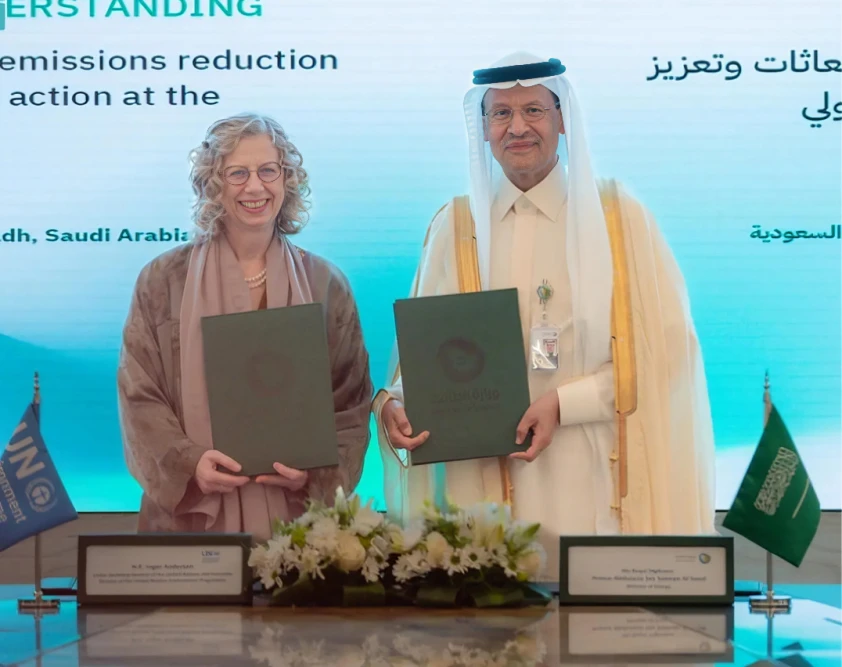Beijing: The Saudi-Chinese Business Forum concluded in the Chinese capital with the signing of 57 agreements and memoranda of understanding (MoUs) worth over SR14 billion, marking a significant milestone in the growing economic partnership between Saudi Arabia and China.
The forum saw participation from Saudi Minister of Environment, Water and Agriculture Abdulrahman Alfadley, alongside a broad delegation of officials and investors from both nations, particularly from the agriculture and food sectors.
The agreements covered a wide array of joint projects in areas such as environment, water, agriculture, livestock, and fisheries.
Key initiatives include collaborative efforts on water recycling technologies, the creation of human capacity-building programs, and the development of seaweed cultivation stations, as well as the production of biofuels and biofertilizers.
Among the most ambitious plans is the establishment of a smart city dedicated to food security in Saudi Arabia, which will feature advanced manufacturing, research laboratories, and integrated logistics systems.
Another major component of the deals involves the creation of an industrial city in the Jazan region, focusing on primary and transformative industries.
This initiative aims to bolster agricultural supply chains and attract new investments in agri-industrial ventures.
Speaking at the forum, Minister Alfadley highlighted the robust nature of Saudi-Chinese economic ties, noting that bilateral trade has surpassed $107 billion.
He emphasized that China now accounts for 18 percent of the Kingdom's foreign trade, underscoring Beijing's position as one of Riyadh’s most critical global economic partners.
As part of his official three-day visit to Beijing, Minister Alfadley also held talks with Chinese Minister of Ecology and Environment Huang Runqiu.
Their discussions centered on bilateral cooperation in environmental sustainability, pollution mitigation, and ecosystem restoration, with a focus on knowledge sharing and joint innovation in green technologies.
The visit and resulting agreements reflect a strategic push by both countries to deepen collaboration in sustainable development and further cement their long-term economic and environmental partnership.








